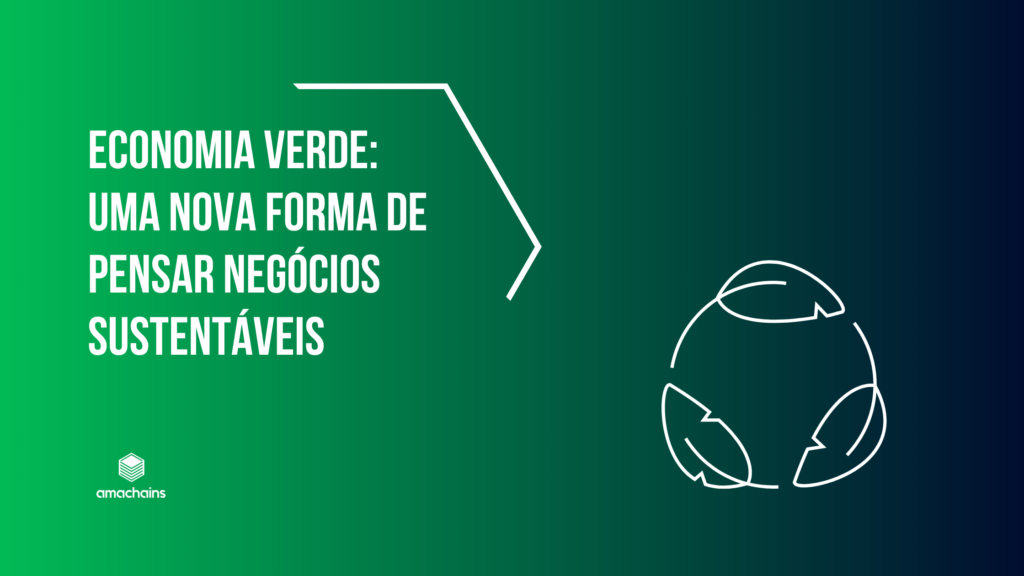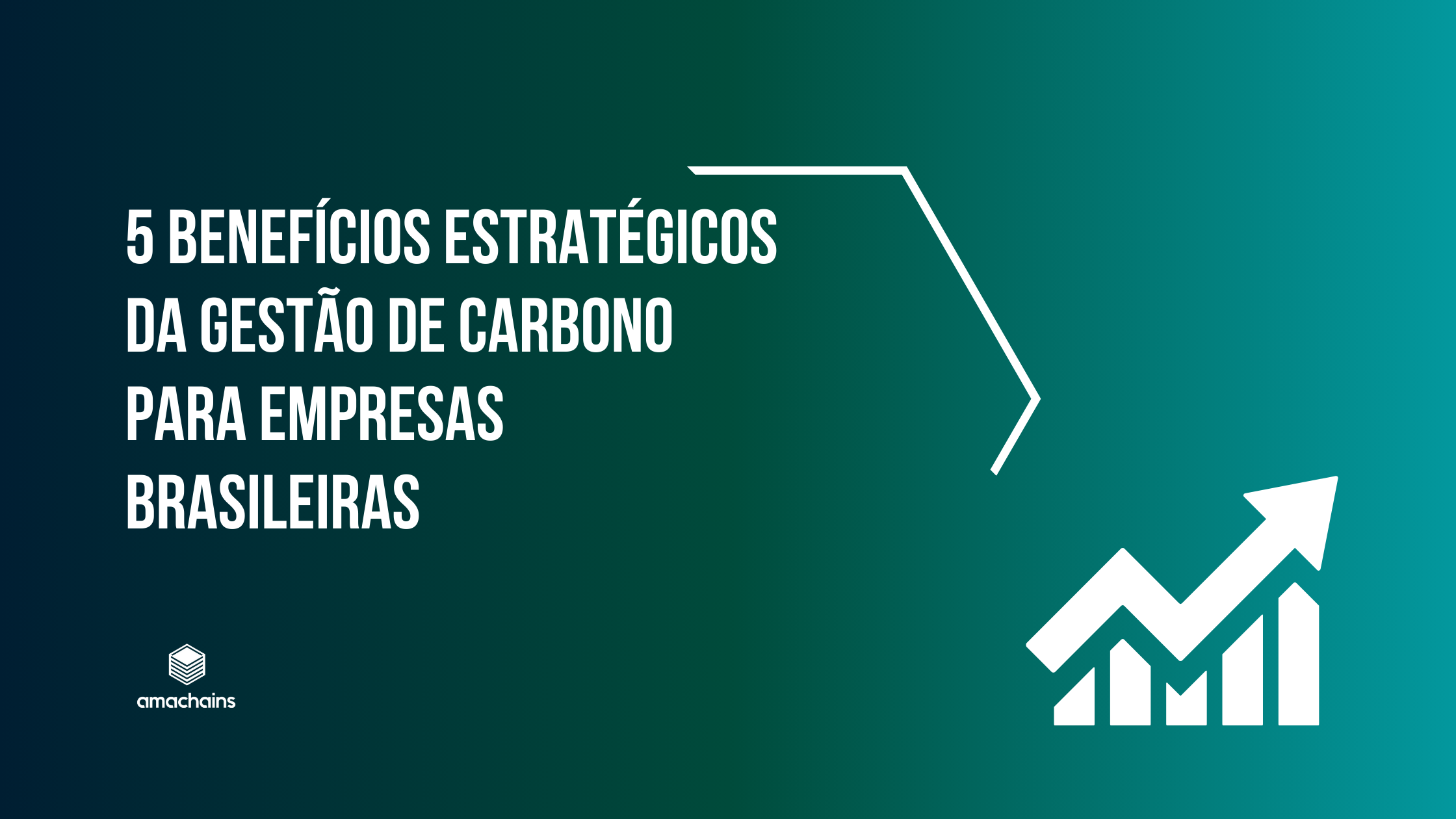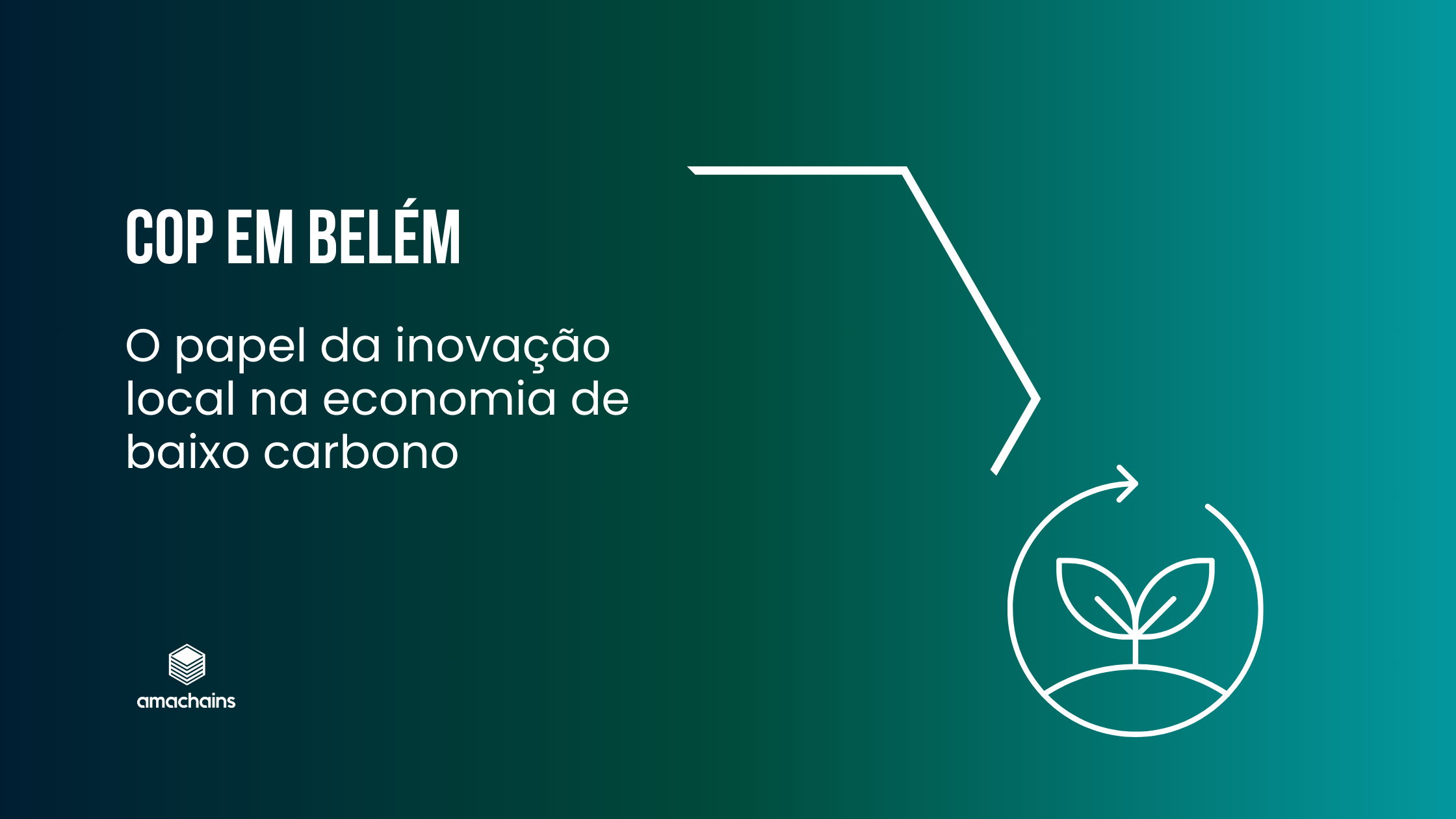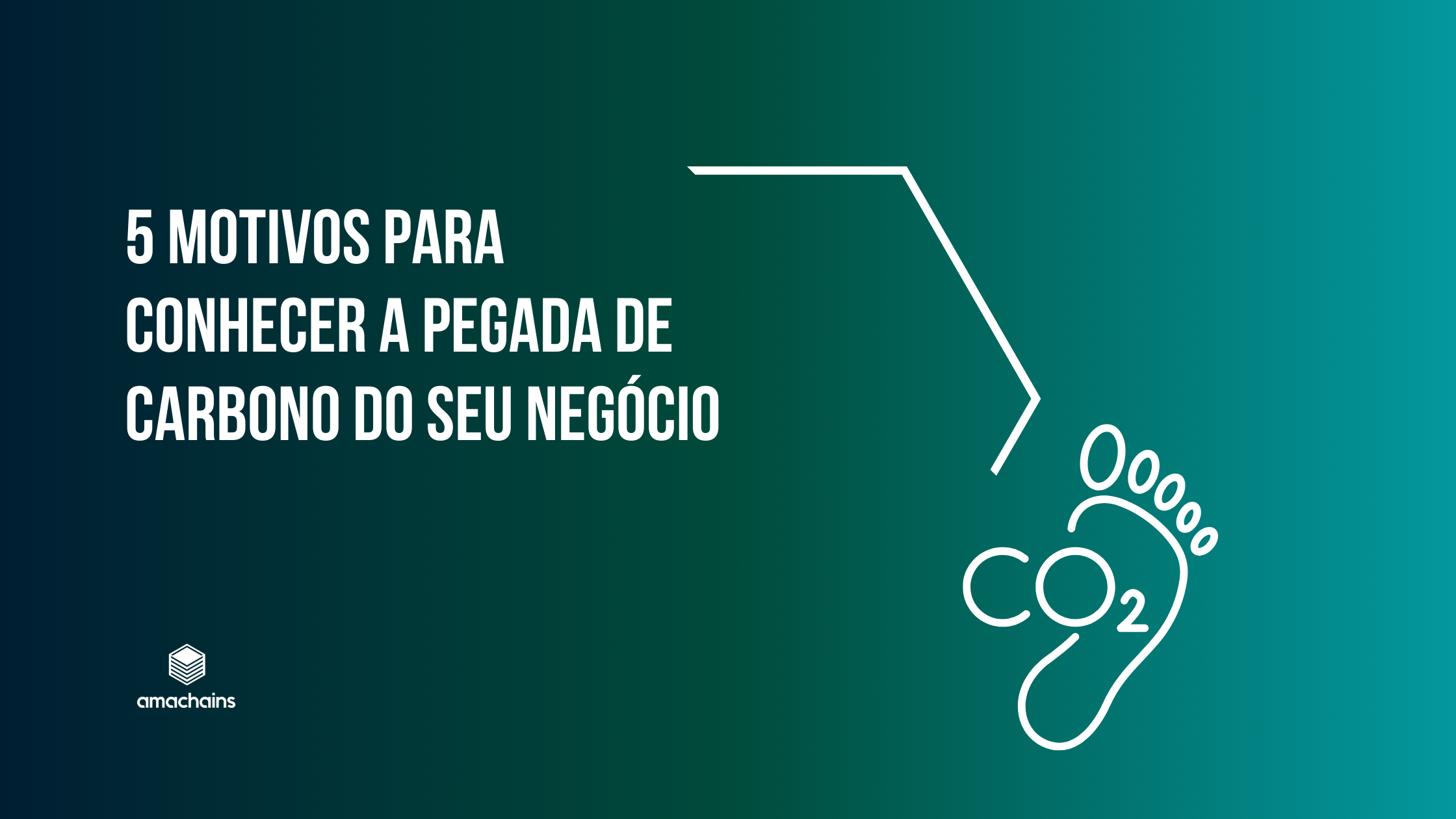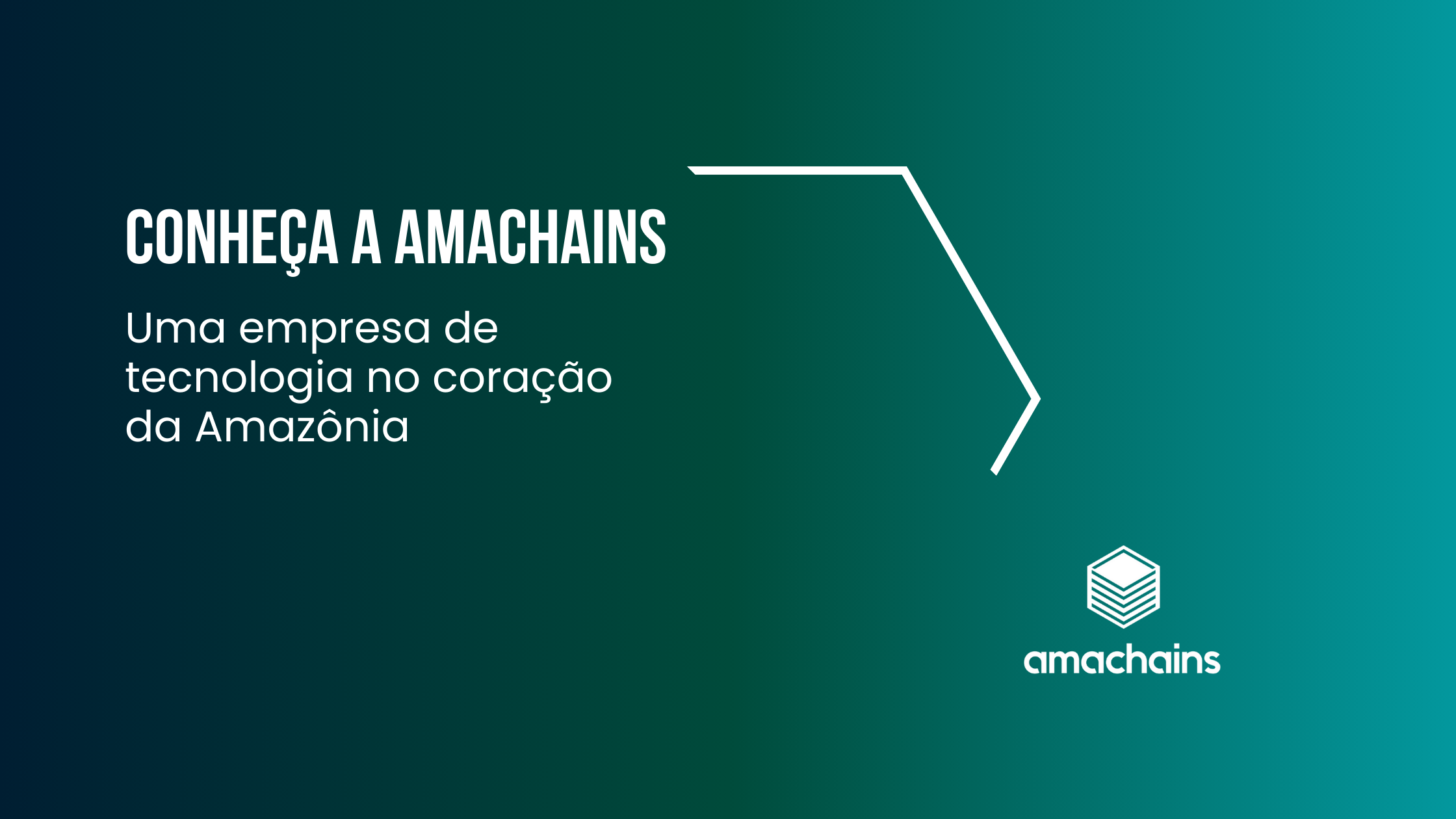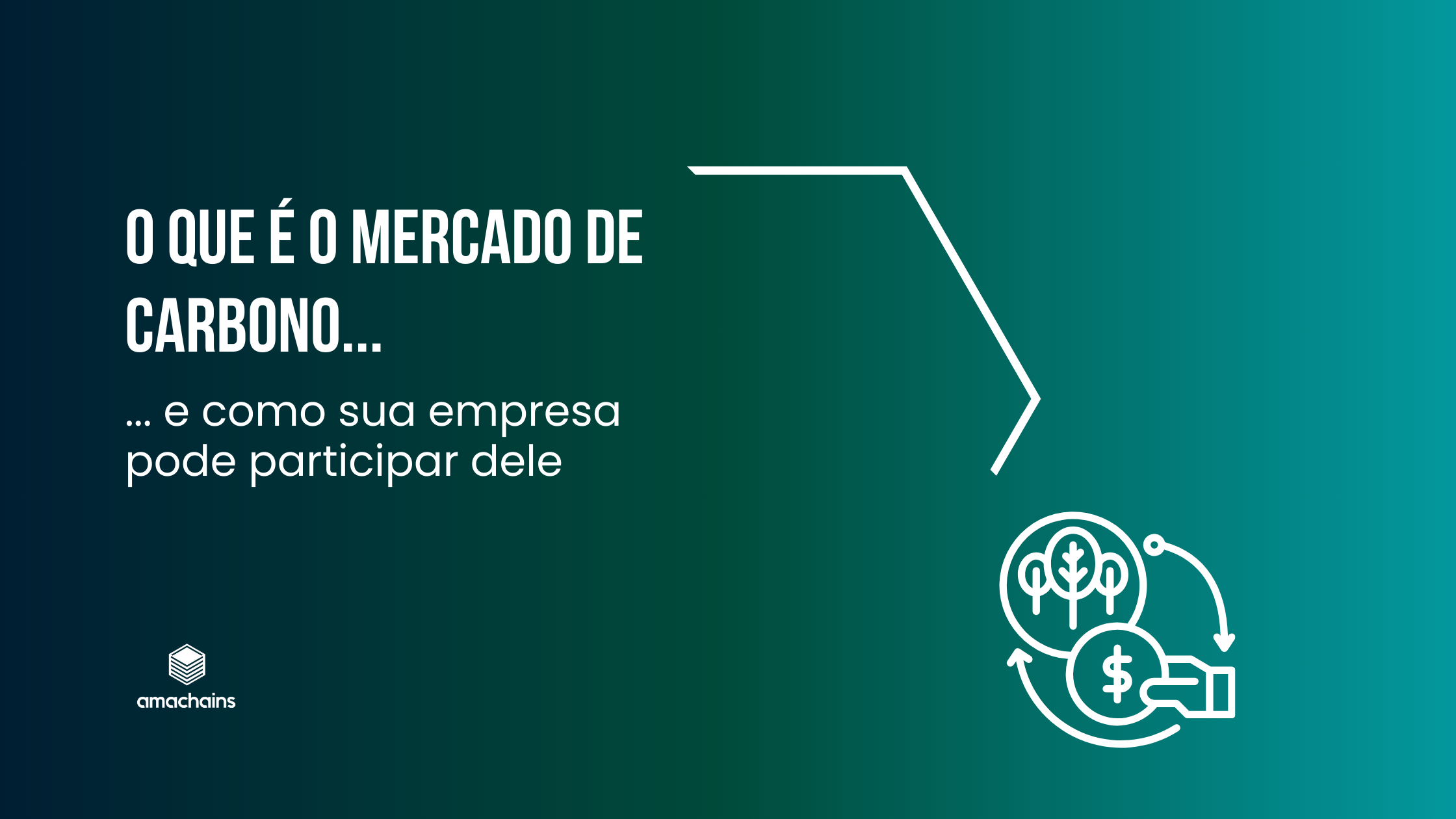In recent years, the term “green economy” has gained prominence as a promising approach to addressing environmental challenges and promoting sustainable development. But what exactly does a green economy mean, and how can it shape our future? Let’s explore this concept and understand its potential to build a more equitable and environmentally responsible society.
What is Green Economy?
The green economy is an economic model that seeks to reconcile economic growth with environmental preservation and social well-being. In other words, it is an approach that recognizes the interdependence between the environment, society and the economy, seeking to harmonize these elements in favor of sustainable development.
It is the perspective of a new economic model emerging from the recognition of the importance of sustainability criteria. The expectation is that the need for efficient responses to environmental challenges will strengthen the foundations for a new economic model, with new ways of generating wealth based on sustainable solutions.
Fundamental Principles of the Green Economy:
Resource Efficiency: The green economy promotes the efficient use of natural resources, minimizing waste and pollution. This involves adopting clean technologies, more sustainable production processes and reducing excessive consumption.
Social Inclusion: A key aspect of the green economy is ensuring that the benefits of sustainable development are shared equitably. This includes creating green jobs, strengthening local economies and combating poverty and inequality.
Environmental Preservation: The protection and restoration of natural ecosystems are fundamental pillars of the green economy. This involves conserving biodiversity, mitigating climate change, sustainably managing natural resources and promoting sustainable agricultural and forestry practices.
Examples of Green Economy Initiatives:
But how do these concepts translate into concrete activities in the economy? Check out some examples of new activities emerging with the green economy:
Carbon market: a financial incentive mechanism for initiatives committed to reducing greenhouse gases in the atmosphere
To learn more, click here
Pharmacy and biotechnology: preserving environmental diversity means caring for a collective heritage that holds powerful resources for humanity. Finding ways to use these resources sustainably is a challenge for the green economy.
Renewable Energy: Investments in clean energy, such as solar, wind and hydroelectric, are essential to reduce greenhouse gas emissions and promote the transition to a more sustainable energy matrix.
Sustainable Mobility: Initiatives that encourage public transport, the use of bicycles and electric cars help to reduce air pollution and carbon emissions associated with transport.
Circular Economy: The circular economy proposes a model in which resources are reused, recycled and reintegrated into the production chain, reducing the extraction of raw materials and the disposal of waste.
Benefits of Green Economy:
Economic Resilience: Diversifying the economy through investments in green sectors can make societies more resilient to economic and environmental shocks.
Health and Wellbeing: Reducing pollution and improving environmental quality contribute to the health and well-being of the population, reducing the costs associated with environmentally related diseases.
Innovation and Competitiveness: The green economy stimulates innovation and the creation of new markets, boosting the competitiveness of companies and job creation.
In short, the green economy represents a vision of the future that seeks to reconcile economic growth with environmental sustainability and social equity. By adopting the principles of the green economy into our business policies and practices, we can build a more prosperous, just and environmentally conscious world for future generations.
